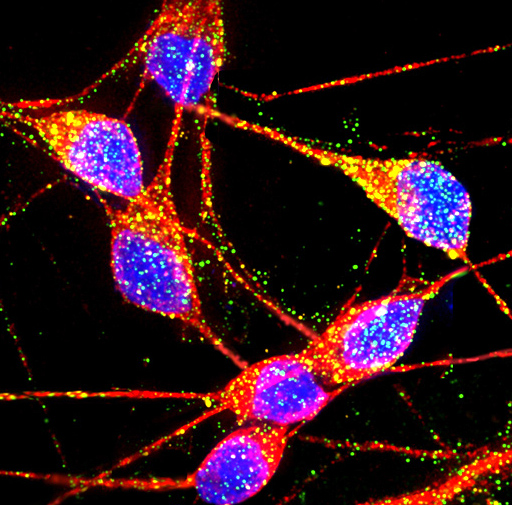Stem cells used on MS
 A Swedish study shows stem cells harvested from a person’s own bone marrow or blood can safely slow progression of MS.
A Swedish study shows stem cells harvested from a person’s own bone marrow or blood can safely slow progression of MS.
Researchers have found that autologous haematopoietic stem cell transplantation (aHSCT), a treatment typically used for blood cancers, could offer hope to patients with relapsing-remitting multiple sclerosis (MS), a common form of the autoimmune disease.
aHSCT involves collecting stem cells from the individual's bone marrow or blood, followed by chemotherapy and antibody treatment.
While it has shown promise for treating relapsing-remitting MS, it is not yet widely included in national clinical guidelines.
To assess its safety and effectiveness in routine healthcare settings, the researchers examined 231 relapsing-remitting MS patients, with 174 having undergone aHSCT before 2020.
On average, these patients were 31 years old, and 64 per cent were women. They had already received an average of two rounds of standard treatment (disease-modifying drugs) before aHSCT.
The study revealed the following promising results:
-
After 5 years, 73 per cent of those treated showed no evidence of disease activity. After 10 years, this figure stood at 65 per cent
-
Among patients with initial disability, 54 per cent improved, 37 per cent remained stable, and 9 per cent worsened
-
The annual relapse rate dropped from 1.7 to 0.035 after aHSCT treatment, signifying significant improvement
-
Side effects included infections, with febrile neutropenia affecting 68 per cent of patients. No fatalities were linked to the treatment
Although this study lacks a comparative group, limiting definitive conclusions, the researchers argue that aHSCT should be considered standard care for highly active MS cases.
They believe this therapy could benefit a more extensive population of MS patients, underscoring its feasibility and safety in regular healthcare settings.
More details are accessible here.








 Print
Print